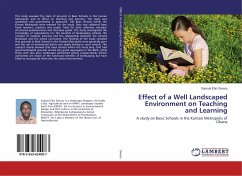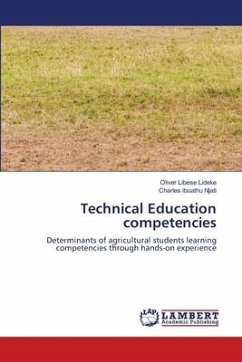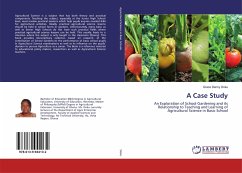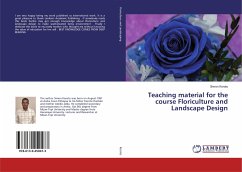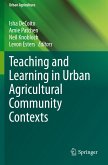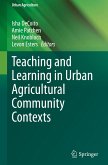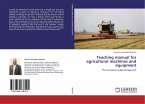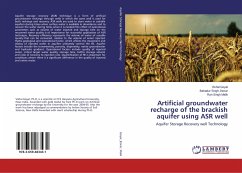This study assessed the state of grounds in Basic Schools in the Kumasi Metropolis, and its effect on teaching and learning. The study was qualitative and quantitative in approach. 100 Basic schools within the Kumasi Metropolis were selected for the study. Data was collected from head teachers, teachers and pupils. Tools for data collection included structured questionnaires and interview guide. The study investigated the knowledge of respondents on; the benefits of landscaping schools, the concept of outdoor learning and the relationship between the schools landscape and the school curriculum. The findings of the study revealed that grounds in Basic Schools in the Kumasi Metropolis were generally poor and the use of ornamental plants was simply lacking in most schools. The research clearly showed that most schools within the study area, that had good landscaped grounds scored very good aggregates in the BECE, while those with very poor landscapes performed poorly comparatively. School authorities are aware of the functional benefits of landscaping but have failed to incorporate them into the school environment.
Bitte wählen Sie Ihr Anliegen aus.
Rechnungen
Retourenschein anfordern
Bestellstatus
Storno

